A significant development has emerged in the ongoing tensions between Azerbaijan’s government and separatist Armenians in Nagorno-Karabakh. It appears that the two sides have reached an agreement to reopen two disputed transport links, most notably the crucial Lachin corridor.
This move, initially reported by Armenia’s Armenpress state news agency and later confirmed by Azerbaijan, seems to address Azerbaijan’s longstanding demand to restore transport connections between its government-held territories and Nagorno-Karabakh, which fell under Armenian control in the 1990s.
Nagorno-Karabakh, officially recognized as part of Azerbaijan by the international community, has been under the control of its ethnic Armenian population of around 120,000 since a war that coincided with the dissolution of the Soviet Union in the 1980s and 1990s.
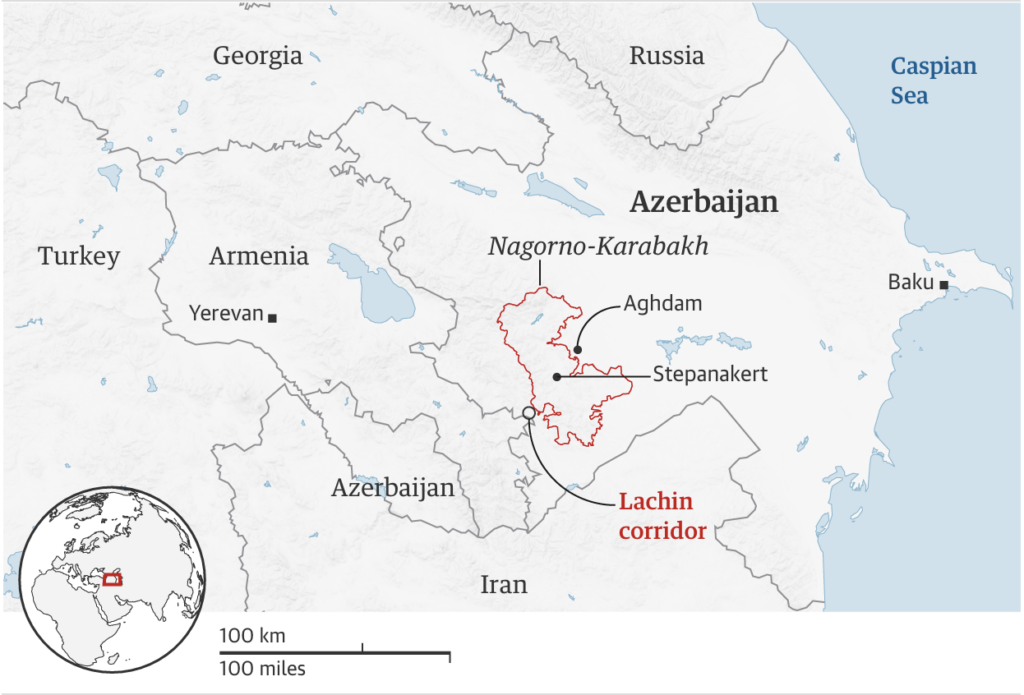
In 2020, Azerbaijan recaptured substantial portions of Nagorno-Karabakh in a conflict, and for the past nine months, it has placed restrictions on access to Armenia through the Lachin corridor.
Armenpress reported that Karabakh authorities have decided to permit the passage of Russian goods to their republic through the town of Askeran, located near the frontline with Azerbaijan. Additionally, an agreement has been reached to restore humanitarian shipments by Russian peacekeepers and the International Committee of the Red Cross along the Lachin corridor. This decision was driven by the severe humanitarian challenges faced by the blockaded region.
Hikmet Hajiyev, a foreign policy adviser to Azerbaijan’s President Ilham Aliyev, confirmed that a deal had been struck to open roads between Armenia and Azerbaijan. He emphasized that these roads would be opened simultaneously and clarified that an Azerbaijani checkpoint on the Lachin corridor to Armenia would remain in place. Azerbaijan had previously accused Armenia of using the corridor for smuggling weapons and had rejected an offer to reopen the roads simultaneously.
This apparent agreement coincided with the election of a new president in Karabakh’s self-proclaimed independent republic, a move denounced by Azerbaijan as illegal. This election occurred amid escalating tensions between Baku and Yerevan.
Azerbaijan enjoys a close relationship with Turkey, while Armenia has historically had strong ties with Russia, which deployed peacekeepers to the region and pledged to keep the Lachin corridor open as part of a peace agreement that concluded the 2020 war. However, Armenia has recently expressed dissatisfaction with Moscow’s assurances and sought broader international support.
On the same day, Azerbaijan alleged that Armenian forces had fired upon its troops overnight, prompting Azerbaijani military units to take retaliatory measures. Armenia denied this incident.
Covering license plates to impede unit ID https://t.co/ba7yV2OVpP
— tom (@tom_bullock_) September 10, 2023
Both Armenia and Azerbaijan engaged in diplomatic efforts, with Armenia’s Prime Minister, Nikol Pashinyan, holding discussions with leaders from France, Germany, Iran, and Georgia, as well as the U.S. Secretary of State, Antony Blinken. Azerbaijan’s Foreign Minister also discussed the situation with a senior U.S. State Department official, Yuri Kim.
Armenia called upon the U.S., Europe, and Iran to help defuse the standoff with Azerbaijan over blocked aid deliveries to Nagorno-Karabakh, which has raised tensions significantly since the 2020 war. Prime Minister Pashinyan expressed readiness for urgent talks with Azerbaijan’s President Aliyev.
In addition, the conflict garnered the attention of American celebrities like Kim Kardashian and Mark Ruffalo. The socialite-turned-businesswoman, whose father was a third-generation Armenian-American, pled to US President Joe Biden to “stop another Armenian genocide.”
This is a serious issue that the media is not covering. https://t.co/KefLTAfru4
— Mark Ruffalo (@MarkRuffalo) September 10, 2023
Azerbaijan had faced increasing pressure from the U.S. and Europe to reopen the Lachin corridor, which it blocked in December. This blockade has resulted in food and essential goods shortages for Nagorno-Karabakh’s Armenian population. Azerbaijan has insisted on delivering aid through an alternative route from its territory, emphasizing the integration of Nagorno-Karabakh’s Armenian population into Azerbaijan following the war.
Russian peacekeeping troops currently control the corridor under a truce brokered by President Vladimir Putin, although they have not intervened in the recent tensions. The situation escalated further this month with intense shelling causing casualties among Armenian and Azerbaijani troops, with both countries accusing each other of troop buildups along their border.
In the midst of these developments, a delegation of Iranian military officials arrived in Azerbaijan’s capital, Baku, for meetings with Azerbaijani defense officials. Iran maintains strong ties with neighboring Armenia, which has sought closer relations with the U.S. and its allies due to perceived Russian support shortcomings.
Information for this briefing was found via Bloomberg, The Guardian, and the sources mentioned. The author has no securities or affiliations related to this organization. Not a recommendation to buy or sell. Always do additional research and consult a professional before purchasing a security. The author holds no licenses.

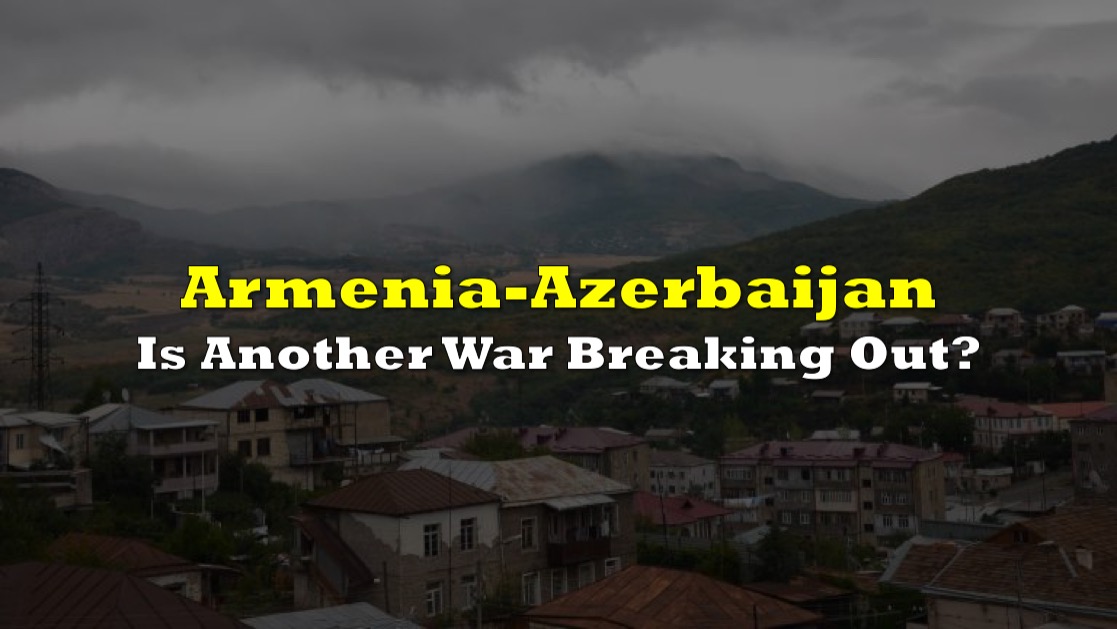



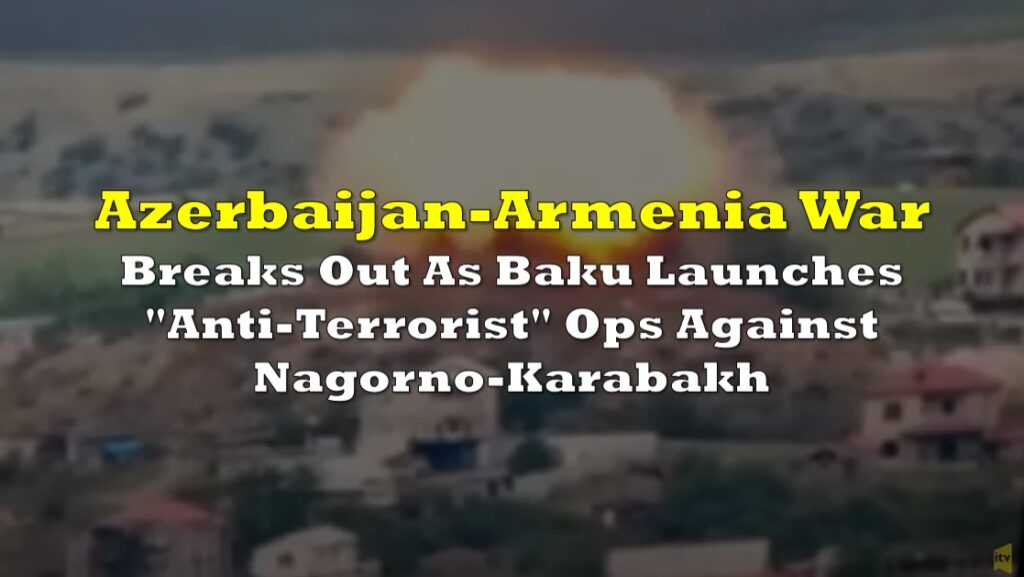
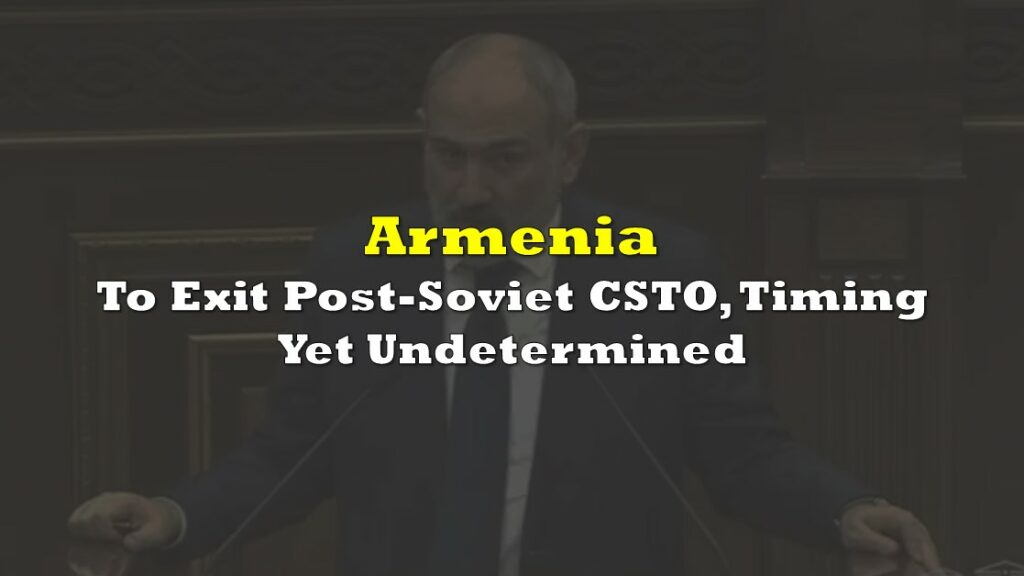
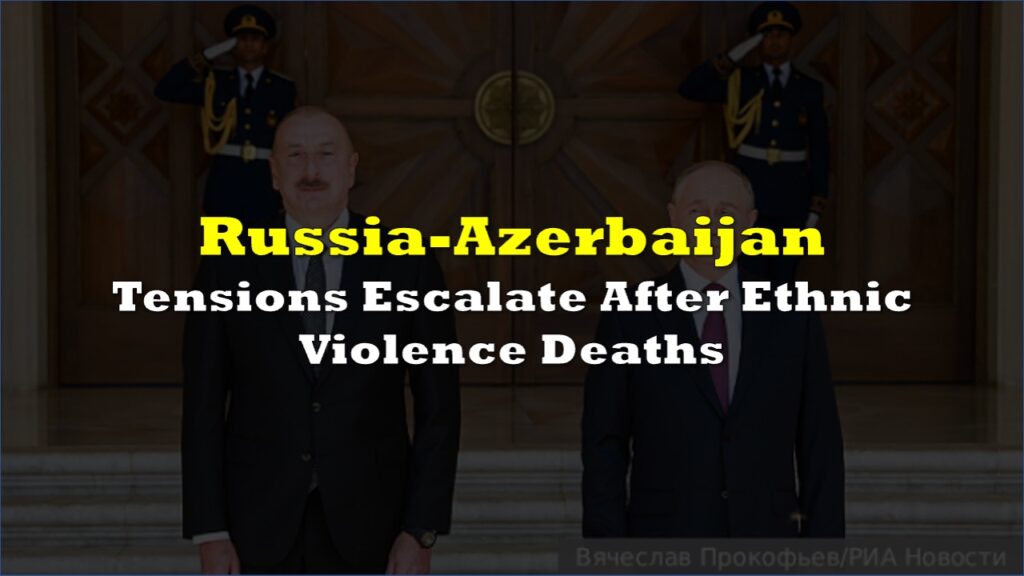
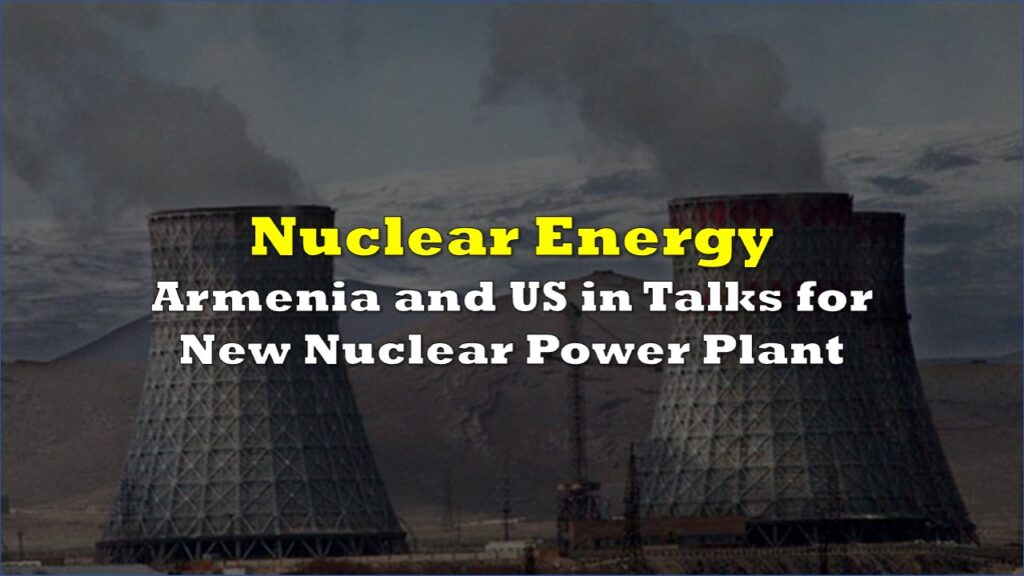
One Response
Everybody says it’s time for us to stop the azeri and Turks from another Armenian genocide us has to stop azeri backed by turkey and Israel